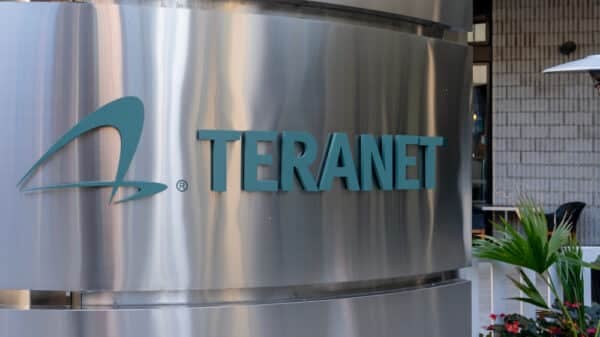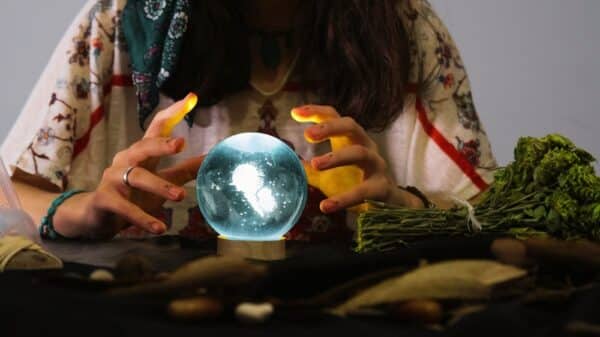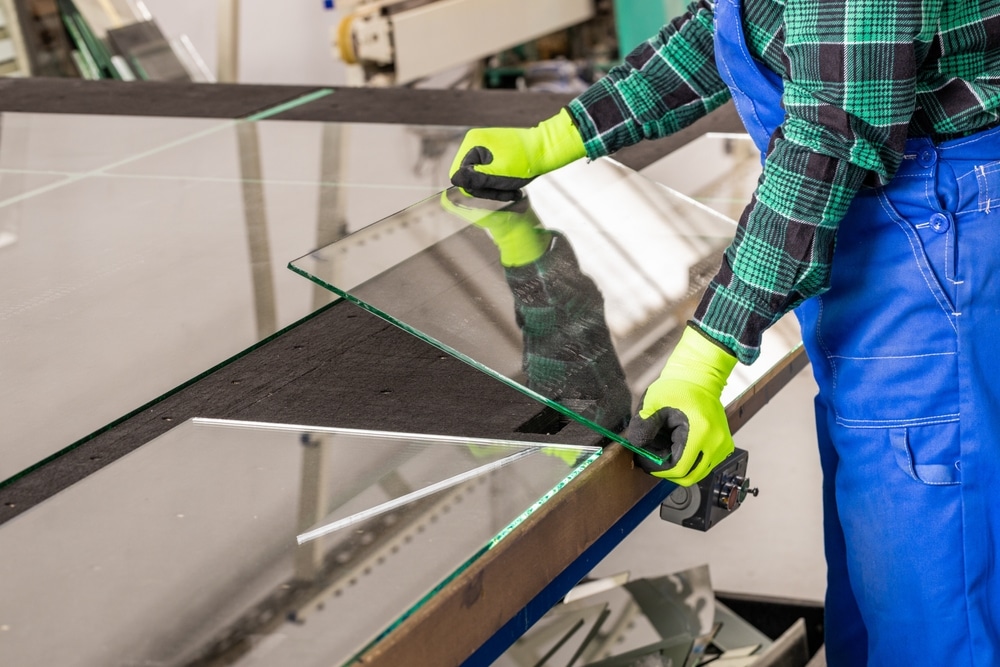An exceptional glass, created by Tel Aviv University scientists, serves as both a powerful adhesive and remarkably see-through material. This glass, which forms naturally upon contact with water at ambient temperature, could have a significant impact on various cutting-edge industries.
A team of experts from Tel Aviv University (TAU) has devised a fresh type of glass with unique and sometimes conflicting characteristics, effectively combining robust adhesive properties with exceptional transparency. The glass emerges spontaneously when exposed to water at room temperature, and it has the potential to revolutionize sectors such as optics, electro-optics, satellite communication, remote sensing, and biomedicine.
The discovery of this glass was the outcome of collaborative research involving a group of scientists from Israel and other nations, led by PhD candidate Gal Finkelstein-Zuta and Professor Ehud Gazit. Gazit is associated with the Shmunis School of Biomedicine and Cancer Research within the Faculty of Life Sciences, and the Department of Materials Science and Engineering within the Faculty of Engineering at TAU. The findings of this study were recently featured in the renowned scientific publication Nature.
Creation Process and Characteristics of the Innovative Glass
“Within our lab, we delve into bio-convergence and leverage the remarkable qualities of biology to generate inventive materials,” stated Professor Gazit. “Interestingly, we explore sequences of amino acids, the fundamental components of proteins. These acids and peptides possess a natural affinity to link together and form structured arrangements with defined periodicity. However, during our investigation, we stumbled upon an exceptional peptide that defies conventional patterns; instead of an ordered structure, it adopts an amorphous, disordered configuration characteristic of glass.”
At the molecular level, glass manifests as a liquid-like substance lacking molecular order, yet demonstrating solid-like mechanical traits. Typically, glass is produced by swiftly cooling molten materials to prevent crystallization, resulting in an amorphous state with distinct optical, chemical, and mechanical properties. Besides offering durability, versatility, and sustainability, this spontaneous molecular glass discovery from TAU involves an aromatic peptide comprised of a three-tyrosine sequence (YYY) that forms glass on its own upon evaporation of an aqueous solution at room temperature.
“The conventional glass widely used is formed by swiftly cooling molten substances through a process known as vitrification,” explained Gal Finkelstein-Zuta. “This liquid-like amorphous structure must solidify before it rearranges into more energy-efficient crystal formations. Achieving this solidification necessitates significant energy input, like high temperatures followed by rapid cooling. In contrast, the biological component-based glass we identified forms spontaneously at ambient temperature when a powder is dissolved in water – a process as simple as mixing kool-aid, leading to glass formation. For instance, we manufactured lenses using this novel glass. Instead of the traditional arduous grinding and polishing methods, we merely applied a droplet onto a surface, adjusting its curvature and focus solely by varying the solution volume.”
The remarkable properties of the pioneering TAU glass are unparalleled globally, featuring paradoxical capabilities: extreme hardness alongside self-healing abilities at room temperature; strong adhesion coupled with exceptional transparency across a broad spectrum, spanning from visible light to mid-infrared wavelengths.
Anticipated Influence and Applications
“This marks the first instance of achieving a molecular glass using simplistic conditions,” Professor Gazit emphasized. “However, equally significant are the unparalleled attributes our glass embodies. It stands out as a truly special glass: astoundingly tough yet extraordinarily clear – markedly more transparent than standard glass. Whereas conventional silicate glass offers transparency within the visible light range, the molecular glass we conceived extends this transparency into the far-reaching infrared spectrum. Such capabilities are invaluable in domains like satellites, remote sensing, communications, and optics. Furthermore, its potent adhesive properties enable it to bond different types of glass while adeptly repairing any cracks that arise. This amalgam of features, absent in any other glass globally, harbors immense promise for scientific and engineering applications, all derived from a solitary peptide – a minuscule protein fragment.”
Reference: “A self-healing multispectral transparent adhesive peptide glass” by Gal Finkelstein-Zuta, Zohar A. Arnon, Thangavel Vijayakanth, Or Messer, Orr Simon Lusky, Avital Wagner, Galit Zilberman, Ruth Aizen, Lior Michaeli, Sigal Rencus-Lazar, Sharon Gilead, Sudha Shankar, Mariela Jorgelina Pavan, Dor Aaron Goldstein, Shira Kutchinsky, Tal Ellenbogen, Benjamin A. Palmer, Amir Goldbourt, Maxim Sokol and Ehud Gazit, 12 June 2024, Nature.
Image Source: Andrzej Rostek / Shutterstock

































